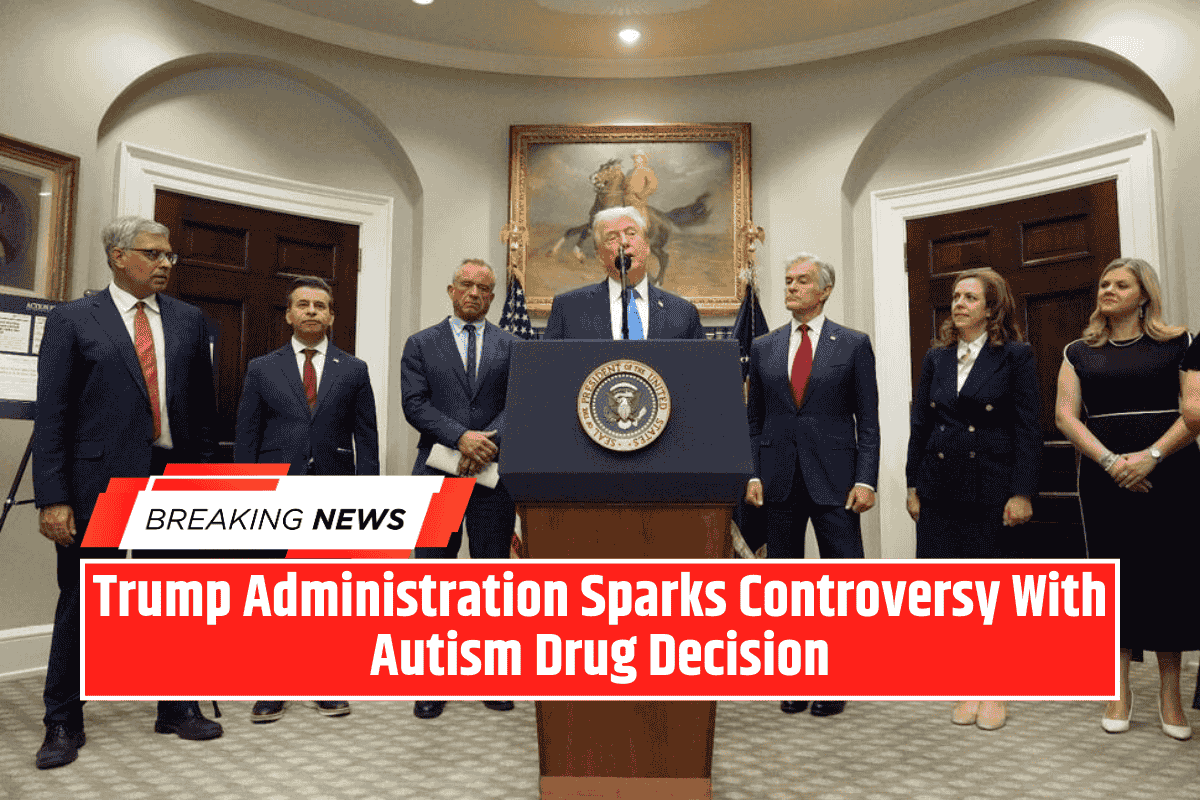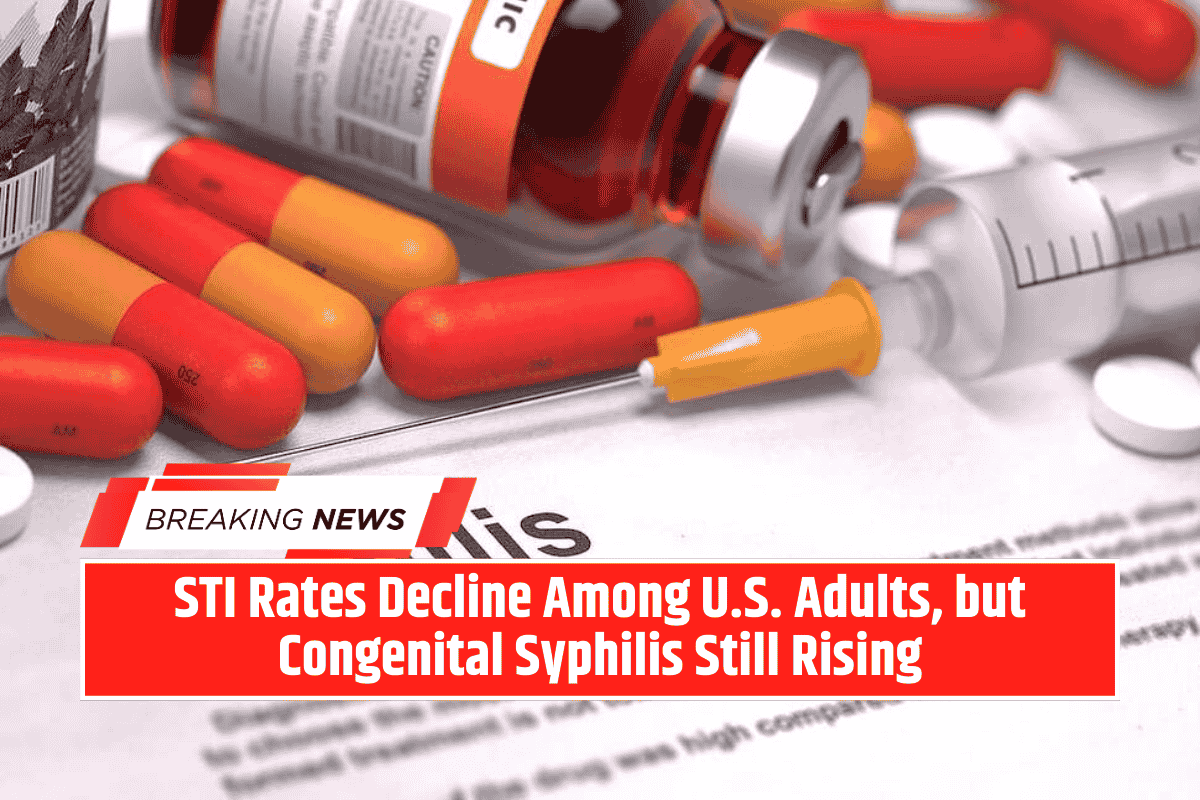The Trump administration’s announcement to repurpose leucovorin, a decades-old generic drug, as a treatment for autism has drawn sharp criticism from experts and autism groups.
The decision, revealed Monday, surprised even Dr. Richard Frye — the Arizona-based neurologist whose research had helped revive interest in the drug. Frye expected years of additional study before regulators would consider such a move.
Critics argue the rollout was haphazard and elevates an unproven therapy. Autism researchers stressed that existing studies supporting leucovorin’s use are too weak and too small to justify widespread approval.
Weak Evidence and Uncertain Science
Leucovorin, a derivative of vitamin B, is long used in chemotherapy treatment. When metabolized, it becomes folate — a nutrient essential for prenatal brain development.
Its link to autism stems from early research suggesting some autistic patients had antibodies blocking folate absorption.
But that theory weakened after findings showed non-autistic siblings often also had low folate without symptoms. While Frye’s 2018 study of 48 children suggested language improvements, and a few small international trials reported benefits, specialists warn the data is inconsistent and statistically problematic.
Dr. David Mandell of the University of Pennsylvania noted:
“We have nothing resembling even moderate evidence that leucovorin is an effective treatment for autism symptoms.”
Push From Researchers and Investors
Frye and colleagues recently formed the Autism Discovery Coalition to promote leucovorin research, pitching the idea to Trump officials, including Health Secretary Robert F. Kennedy Jr. and NIH Director Jay Bhattacharya.
Frye had planned to pursue a proprietary formulation that could be patented and sold at a premium. But instead of greenlighting new trials, the FDA updated the generic drug’s label, opening the door for broader prescriptions and insurance coverage.
This move may undercut Frye’s commercial ambitions but significantly accelerates the drug’s availability to families.
Risks of Rushing Autism Treatments
Specialists caution that early excitement around new autism therapies often collapses under larger, more rigorous studies. Pediatric developmental expert Dr. Lawrence Gray emphasized that moving outside established research protocols risks unintended consequences.
Another challenge: there is no consensus on how many autistic patients have the folate-blocking antibodies leucovorin supposedly targets. The gold-standard test — analyzing spinal fluid — is rarely feasible in children.
Parents Driving Demand Online
Despite scientific caution, interest in leucovorin has been surging among parents, fueled by online forums and social media. Some families report noticeable improvements.
Brian Noonan of Phoenix learned about leucovorin through ChatGPT, which pointed him to Frye’s research while he searched for treatment options for his 4-year-old son. After starting a compounded version in June, Noonan says his son showed better eye contact and speech abilities within days.
“He’s not cured, but these are just areas of improvement,” Noonan said. “It’s been a big thing for us.”
The FDA’s decision marks a turning point in autism treatment policy — bypassing years of traditional study in favor of immediate access. While some families welcome the change, most researchers urge caution, warning that the drug’s promise is far from proven and the risks of prematurely endorsing it remain significant.









